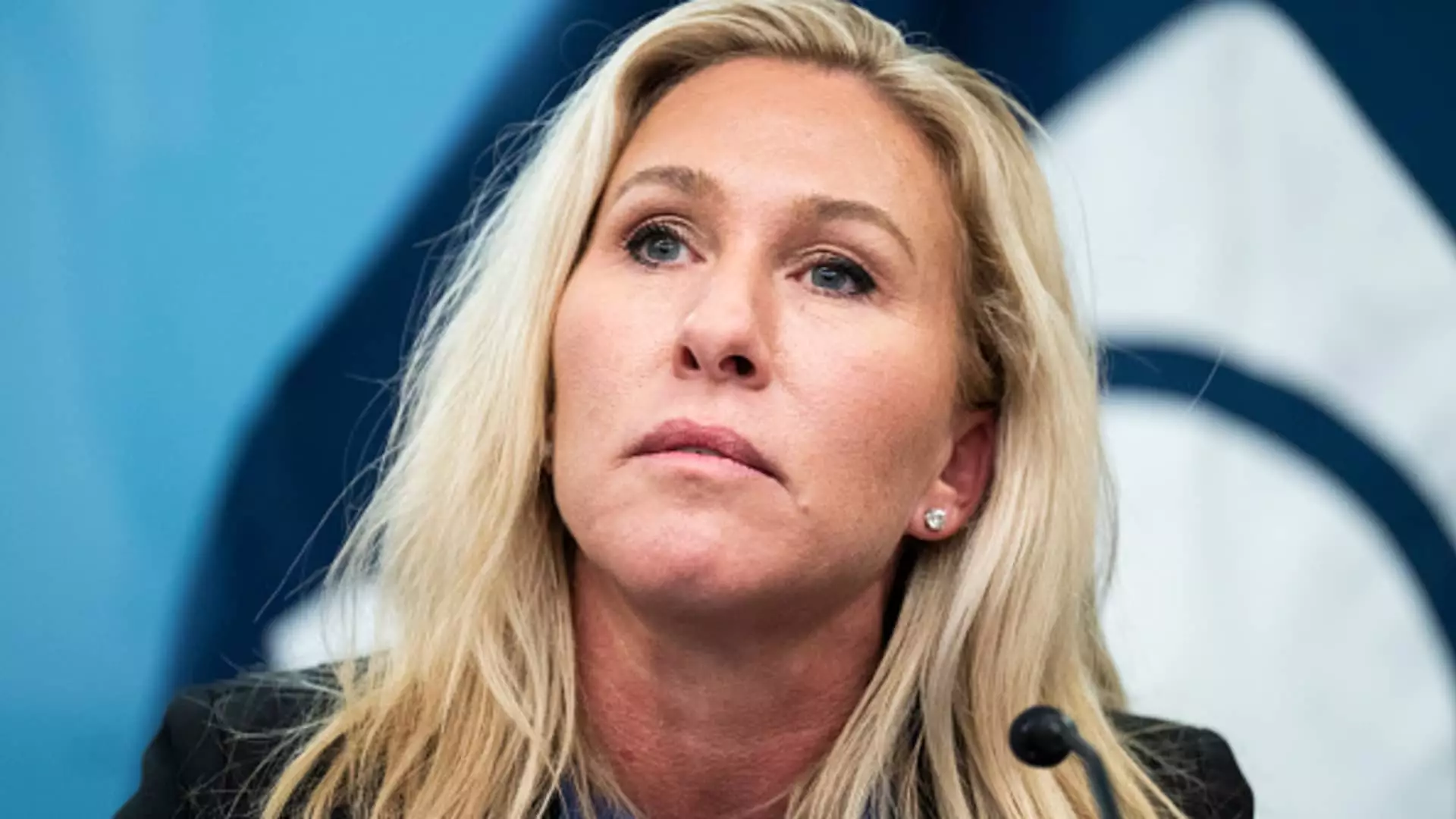In an unprecedented move within Congress, Representative Marjorie Taylor Greene of Georgia has been chosen to spearhead a newly established subcommittee dedicated to enhancing governmental efficiency. This subcommittee will work in collaboration with an external initiative led by notable figures such as Elon Musk and Vivek Ramaswamy. The partnership comes at a time when the government is under increasing scrutiny for bureaucratic inefficiencies and waste. As the House Oversight Chairman, James Comer of Kentucky, takes the lead in forming this subcommittee, discussions with Ramaswamy’s team have already commenced, signaling a decisive shift in the approach to government reform.
In many ways, this evolving political dynamic mirrors a broader trend where traditional government processes are influenced by the ideologies and practices prevalent in the tech industry. By engaging figures well-known in the business sector, the intention is to leverage modern strategies to cut through governmental red tape. The naming of the subcommittee as the “Subcommittee on Delivering on Government Efficiency,” or DOGE, cunningly aligns it with an initiative inspired by President Donald Trump, suggesting a concerted effort to repackage governmental oversight through a more innovative lens.
Marjorie Taylor Greene has publicly proclaimed her enthusiasm for leading this initiative. She asserts that her subcommittee will focus on dismissing ineffective bureaucrats and enhancing transparency within government operations. Greene’s commitment to unapologetically tackle government inefficiency resonates with her political platform, which has often championed more invasive oversight of government practices. Her statement that “no topic will be off the table” lays the groundwork for an aggressive investigatory agenda.
The promise of transparency suggests a desire to unravel complex governmental narratives and expose the underlying issues that contribute to inefficiency. Greene’s approach, however, raises questions about the balance between accountability and potential overreach. Will this subcommittee act as a constructive force for reform, or will it devolve into a partisan tool aimed at discrediting government entities? The effectiveness of this initiative will heavily rely on how it navigates the interplay between critical oversight and political motivations.
The objectives of the oversight committee appear closely aligned with the goals set forth by Musk and Ramaswamy. Both tech giants emphasize the importance of identifying governmental waste and streamlining operations across federal agencies. Assessing the breadth of this initiative highlights a fundamental challenge: how to catalyze genuine change within a system often resistant to reform. A spokesperson for Ramaswamy articulated that revealing inefficiencies to the public is a vital strategy for fostering systemic improvements.
Part of the proposed agenda also includes aiming for a reduction in bureaucratic processes, which have long been perceived as impediments to effective governance. The initiative puts forth the idea that exposing systemic issues to the public could lead to more significant support for reform. However, it is essential to remain cautious, as such exposure could also lead to a politicization of issues that require thoughtful, nuanced discussion.
While the synergy between Greene’s subcommittee and the DOGE initiative has been touted as a means to inject fresh ideas into government efficiency, it carries political baggage. Greene herself has faced significant backlash in the past for her controversial statements and associations, narrowly escaping a complete stripping of her committee assignments in earlier Congressional sessions. Her new role comes with the pressing responsibility to demonstrate her capability to foster positive change, despite her controversial background.
Moreover, the collaboration between established political entities and figures from the private sector raises important questions about the influence of wealth and business interests on governance. As Greene and her committee engage with influential figures, including the wealthy Musk, there exists a delicate balance between benefitting from their expertise and ensuring that governmental priorities remain focused on public service rather than private gains.
As the Subcommittee on Delivering on Government Efficiency takes shape, it stands at a crossroads of opportunity and risk. The initiative led by Marjorie Taylor Greene has the potential to usher in significant reforms aimed at rationalizing government operations. However, the success of this undertaking will depend on its ability to maintain a level of integrity that is free from political motivations and elitist influences. The coming months will be pivotal in determining whether this initiative becomes a model for effective governance or another chapter in the complex narrative of contemporary American politics.

